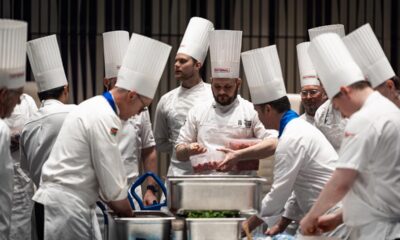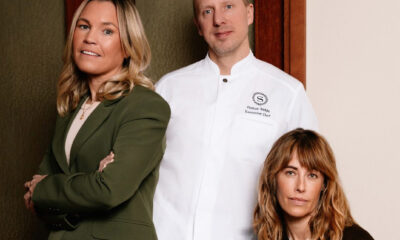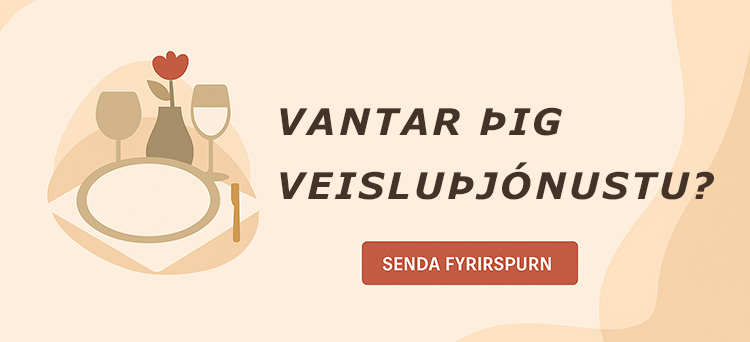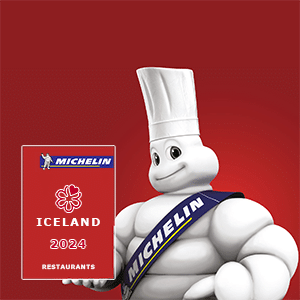Lifid
Chicago bids frustrated farewell to foie gras
In a few weeks it will be illegal to sell foie gras in Chicago; but fans of the delicacy are not going quietly into the night.
On a recent evening more than 100 of them paid $150 each to dine on grilled foie gras with cherry chutney and peppercorn brioche; salt and herb cured foie gras with lamb prosciutto; ravioli of foie gras, pheasant and apple and other treats as chefs talked of overturning the ban.
It does bother me the way its raised, but then my grandfather raised cattle in Kansas, so Im very aware of what farm life is like, said Pati Heestand, a retired graphic designer and foie gras aficionado.
Chicagos City Council in April voted to make the city the first in the country to ban the restaurant sale of foie gras, which detractors argue is inhumanely produced by force-feeding ducks and geese through a tube to fatten their livers.
The ban is to take effect Aug. 22 when restaurants found selling foie gras will face a $500 fine.
Foie gras proponents argue that the feeding of the high protein diet through a tube is not inhumane because the fowl do not have a gag reflex like humans. They say the extreme amount of feeding is somewhat similar to what the birds do in the wild anyway to store energy before long migrations.
Ive been to a foie gras farm, said Dean Zanella, executive chef at 312 Chicago. They seem very happy. Ive never seen one (bird) being mistreated.
The foie gras ban prompted praise by some and ridicule by others worldwide, with Chicagos own Mayor Richard Daley suggesting the council could better spend its time focusing on more serious issues.
The chefs at this weeks gathering agreed and contemplated strategies to combat the ban, including filing a lawsuit, or trying to get around the ban of the sale by foie gras by giving it away for free along with, say, a markedly overpriced $20 plate of lentils or $40 glass of wine.
They want to ban everything
Michael Tsonton, executive chef at Copperblue in Chicago and a founder of Chicago Chefs for Choice, a group formed after the ban was approved in April, said the free market should determine whether foie gras is sold.
He noted that when consumers boycotted tuna because dolphins caught in tuna nets were harmed, the tuna fishing industry changed its practices.
If you dont like it, you dont buy it. Its a consumer choice issue, Tsonton said. Its not an issue for legislation.
A lawsuit planned to try to void the ordinance is in the works, though restaurateurs, who need city licenses to operate, first want assurances they wont be punished for going to court, he said.
Joe Moore, the alderman who sponsored the ordinance, discounted the thought by some that once foie gras is banned other foods raised under practices animal rights activists decry, including commercially raised chickens, would be next.
Its the most egregious example of cruelty to animals in order to produce a product that is at best a luxury, Moore said, adding that he received hundreds of comments when the measure passed, with about 60 percent in favor of the ordinance.
Still, the chefs worried that the organizations who pushed for the foie gras ban would target other foods.
They want to ban eggs, they want to ban veal, they want to ban lobster, they want to ban everything, Allen Sternweiler, executive chef at Allens The New American Cafe, where the dinner was held, said.
Copyright 2006 Reuters
Örn Garðarsson

-

 Viðtöl, örfréttir & frumraun2 dagar síðan
Viðtöl, örfréttir & frumraun2 dagar síðanMyndaveisla frá hátíðarkvöldverði Klúbbs Matreiðslumeistara 2026
-

 Nýtt bakarí, veitingahús, fisk- og kjötbúð og hótel4 dagar síðan
Nýtt bakarí, veitingahús, fisk- og kjötbúð og hótel4 dagar síðanNý matreiðslustefna á Sheraton – Mr. Bronck opnar í mars
-

 Frétt2 dagar síðan
Frétt2 dagar síðanTilkynning frá Suðurnesjabæ vegna umfjöllunar um Sjávarsetrið
-

 Keppni1 dagur síðan
Keppni1 dagur síðanFreyja Þórisdóttir stóð uppi sem sigurvegari í keppninni um Bláa Safírinn – Myndir og vídeó
-

 Viðtöl, örfréttir & frumraun3 dagar síðan
Viðtöl, örfréttir & frumraun3 dagar síðanSjónvarpskokkurinn James Martin tapar í vörumerkjadeilu
-

 Viðtöl, örfréttir & frumraun4 dagar síðan
Viðtöl, örfréttir & frumraun4 dagar síðanStóra veislusýningin í Múlabergi
-

 Keppni1 dagur síðan
Keppni1 dagur síðanGraham’s Blend Series snýr aftur stærri og metnaðarfyllri en áður
-

 Markaðurinn3 klukkustundir síðan
Markaðurinn3 klukkustundir síðanEyjó og Dóri mættu með afmælisköku – Hafið fagnar tímamótum











